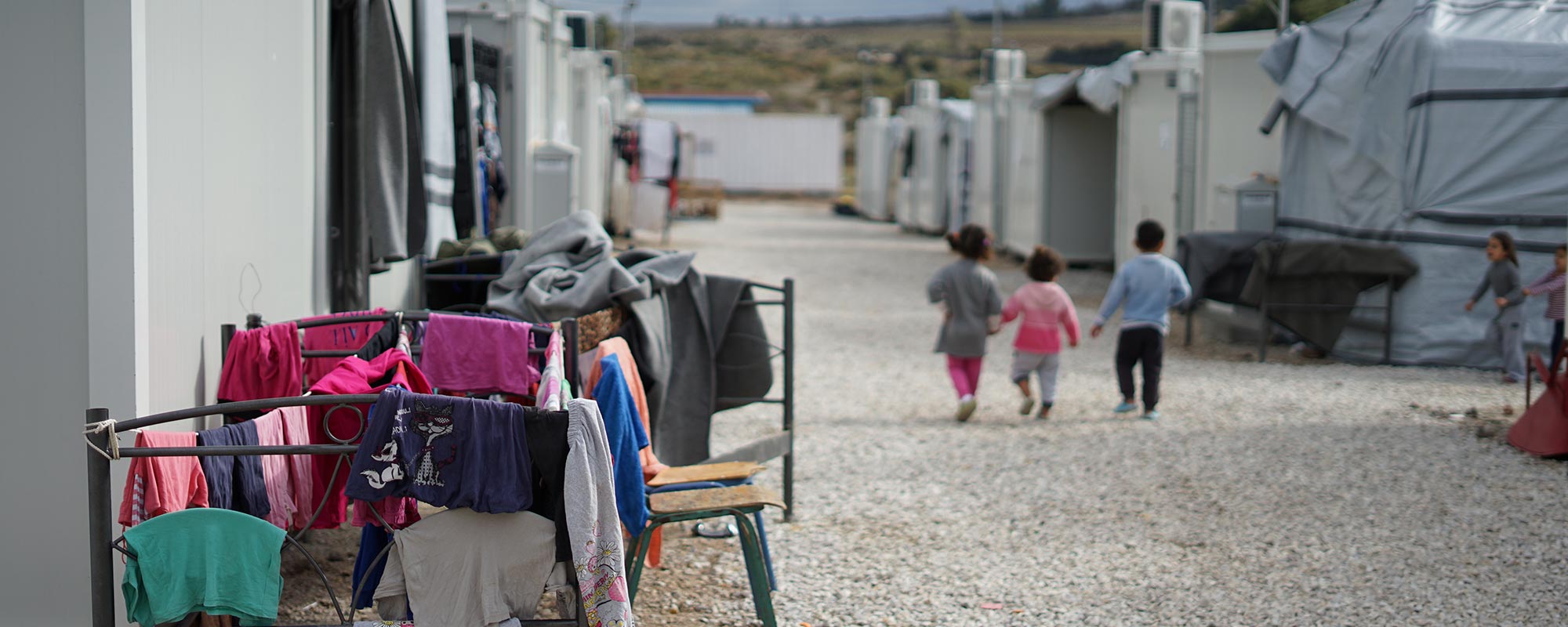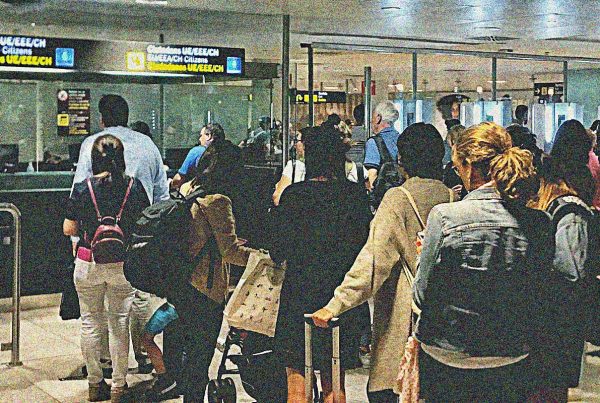On August 17, 2022, the Ontario Superior Court of Justice rendered a decision in the case of Nell Toussaint v Attorney General of Canada, a case in which CCLA intervened. This case is concerned not only with access to healthcare for people in Canada with uncertain or precarious immigration status, but also with access to justice. CCLA intervened to assist the Court in assessing a motion to strike a rights-based legal claim and urged consideration of the access to justice implications of an early dismissal. Fortunately, the Court recognized the perils of dismissing this kind of claim at such an early stage, was clear that the government of Canada was unfairly misconstruing the nature of Ms. Toussaint’s claim and has allowed the action to continue. Justice Perell’s decision provides a detailed overview of the complex legal issues engaged in this case and lays out clearly why a dismissal based on pleadings alone would not be appropriate. Expressing agreement with many of the interveners’ submission in the case, Justice Perell noted that it would not be appropriate to decide the merits of Ms. Toussaint’s case without additional evidence about the human rights plight of persons like Ms. Toussaint. The decision is available here. Some background on the case is set out below.
Ms. Toussaint first came to Canada from Grenada in 1999 and had been working here for nearly ten years before developing a life-threatening illness. Her application for healthcare coverage in 2009 under the Interim Federal Health Program (IFHP) was denied because she did not fall into one of the four categories of eligible immigrants. Her challenges to this decision before the Federal Court and Federal Court of Appeal were unsuccessful. She then took her case to the United Nations Human Rights Committee (UNHRC) in 2018. The UNHRC decided that Canada’s decision violated its international obligations, constituted discrimination against those with irregular immigration status, and violated Ms. Toussaint’s right to life.
In light of the UNHRC’s decision, Ms. Toussaint commenced an action in the Ontario Superior Court of Justice in 2021, in which she aims to challenge the constitutionality of the IFHP’s framework, both as it was applied to her between 2009 and 2013, as well as in its current form (following its amendment in 2016). Currently, the IFHP does not provide healthcare coverage for individuals with precarious immigration status but vests the Minister of Citizenship and Immigration with unspecified discretionary powers to provide healthcare coverage in “exceptional and compelling circumstances.” Ms. Toussaint argued that this framework is contrary to the right to life, liberty and security, and the right to equality. These rights are protected under sections 7 and 15 of the Canadian Charter of Rights and Freedoms.
The Attorney General of Canada moved to strike Ms. Toussaint’s claim, arguing that it discloses no reasonable cause of action, is frivolous or vexatious, and is an abuse of process. The CCLA intervened to assist the Court in assessing which factors to consider in a motion to strike a rights-based claim. Dismissing such claims before being heard on their merits and on a full evidentiary record would negatively impact access to justice and have far-reaching impacts on the rights of individuals similarly situated to Ms. Toussaint who may not have the knowledge, means, or ability to access justice for themselves. Additionally, the government’s attempt to use procedural mechanisms to prevent rights-based claims from being heard highlights an inherent imbalance of power between plaintiffs like Ms. Toussaint and the government respondent in Charter claims. Striking a claim about a government policy rather than addressing its rights-based merits will impact the ability of individuals living in Canada with precarious immigration status to access healthcare necessary to prevent reasonably foreseeable risks of loss of life or irreversible health consequences.
The federal government argued that Ms. Toussaint’s claim has effectively already been heard (in the earlier Federal Court and Federal Court of Appeal cases) and should therefore be dismissed. The CCLA’s intervention highlighted that the constitutionality of the 2016 IFHP Policy and the Minister’s unguided discretionary powers is not an issue that has been tested in Court. The constitutionality of the government using discretionary powers to insulate otherwise unconstitutional policies is exactly the type of issue that ought to be considered on a full evidentiary record.
The CCLA is committed to ensuring that fundamental rights and freedoms are equally accessible to every person, and to fighting for the rights of individuals and groups who face discrimination. We anticipate seeking to remain involved as an intervener in Ms. Toussaint’s ongoing case.
CCLA is extremely grateful to Iris Fischer, Kaley Pulfer and Alysha Li of Blake, Cassels & Graydon LLP for their outstanding pro bono representation in this case.
For the CCLA’s full factum, please click here.
About the Canadian Civil Liberties Association
The CCLA is an independent, non-profit organization with supporters from across the country. Founded in 1964, the CCLA is a national human rights organization committed to defending the rights, dignity, safety, and freedoms of all people in Canada.
For the Media
For further comments, please contact us at media@ccla.org.





